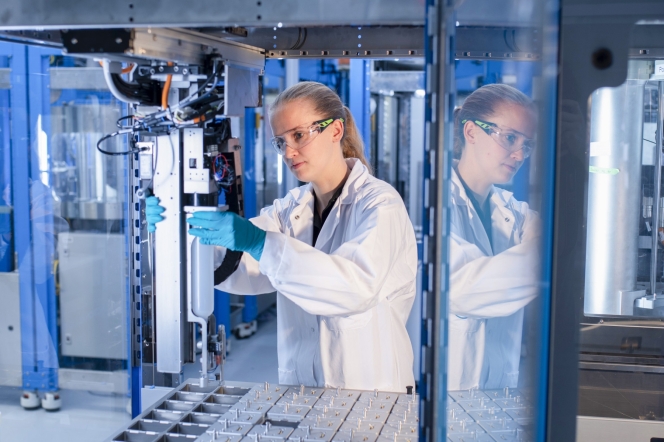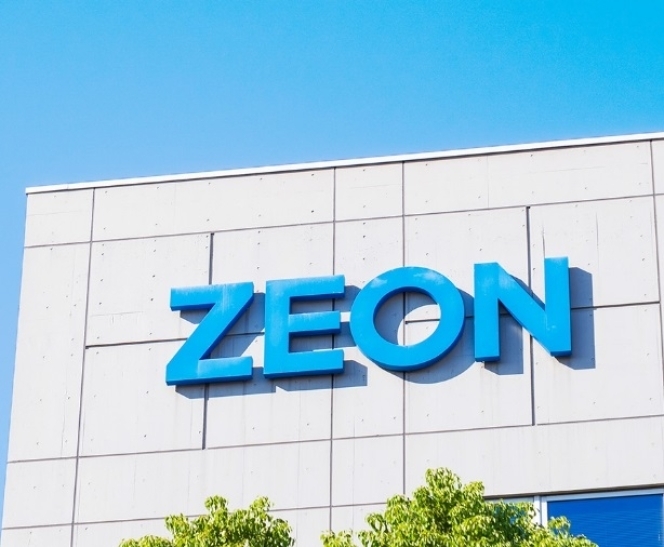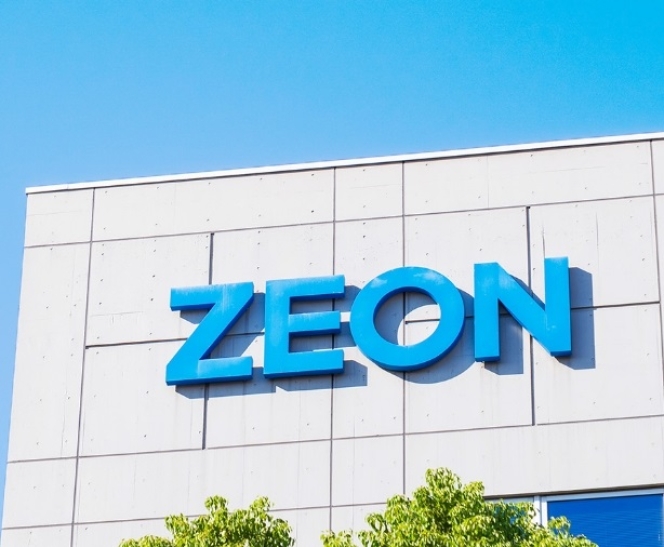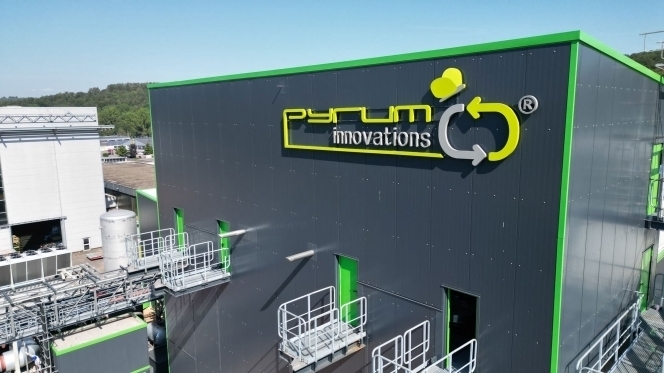Covestro Announces Automated Laboratory For Developing Coating And Adhesive Formulations
- By TT News
- March 27, 2025

Covestro, one of the world’s leading manufacturers of high-quality polymer materials and their components, has announced that it will open an automated laboratory for optimising coating and adhesive formulations to provide better support to its customers.
Formulations for coatings and adhesives including Covestro binders and crosslinkers will be tested in the new facility. Properties like hardness, adhesion, opacity, gloss or durability are guaranteed by their astute selection. The qualities of the finished product are determined by the mix of these formulas, which usually include seven to 15 components. Standard formulas are typically employed due to the large number of conceivable combinations that arise. The computer-aided design of test series and automation have also made it possible for the new laboratory to conduct longer test series.
The new facility can operate 24/7 with a goal to conduct tens of thousands of tests annually. In terms of quantity, diversity, accuracy and testing speed, this establishes a new benchmark. A significant quantity of structured data is produced by the automated laboratory. As a result, the body of information regarding formulation options and contributing factors will expand quickly. To further enhance formulations, the gathered data is assessed using specialised machine learning algorithms in conjunction with measurement data from previous experiments. In order to create a self-learning system, artificial intelligence is also employed to forecast future experiments based on property goals and concurrently validate them in the automated laboratory.
Apart from creating 1K and 2K systems based on water and solvent, the automated laboratory also conducts a variety of material tests on the applied films, formulations and raw materials. To replicate product use under application settings, application can even be conducted in a lab setting with varying climates. The quick transfer of created samples to more specialised testing labs is another benefit of Covestro's ongoing laboratory digitisation. This facilitates the addition of market-specific test findings to the datasets and speeds up the identification of pertinent relationships.
Thomas Büsgen, head of the laboratory, said, "With our automated laboratory, we can work together with our customers on the future of coatings and adhesives. Because it operates almost completely autonomously and learns from our existing knowledge and data lake as well as newly generated data, it makes the process of optimising and developing formulations many times more efficient and precise. This allows us to optimise existing formulations faster or even develop completely new formulations for and together with our customers. We can say: we are reaching a new level of modern research.”
Martin Merkens, Head of Sales & Market Development EMLA in Covestro's Coatings and Adhesives business entity, said, "Our new automated laboratory gives us more possibilities for testing formulations. It relieves our specialised laboratories of their standard tasks and can analyse samples more systematically. This allows us to focus our expertise and experience even more on customer-specific topics or try approaches we couldn't have implemented otherwise. This will particularly help us in the area of circular economy: Alternative raw materials, for example bio-based or recycled materials, can be tested faster and evaluated for their properties in the final product.”
Zeon And Visolis Sign Binding Term Sheet To Advance Bio-Isoprene And SAF Commercialisation
- By TT News
- February 16, 2026

Zeon Corporation and Visolis Inc. have formalised their partnership by signing a binding term sheet, marking a pivotal advancement in the commercialisation of bio-based isoprene monomer and sustainable aviation fuel (SAF).
This collaboration, which now moves from technology verification towards project implementation, is built upon the progress made since their initial memorandum of understanding in March 2024 and the subsequent joint feasibility study announced in April 2025. Bio-based isoprene monomer serves as an essential component in the production of synthetic rubbers and various other materials, while SAF is increasingly recognised as a critical next-generation fuel for reducing carbon emissions within the aviation industry.
The newly established term sheet outlines a foundational agreement on the key elements required for a final investment decision. These include defining the business structure and the respective roles of each company, establishing technology and development strategies and advancing detailed engineering for the proposed production facility. Furthermore, the agreement covers the evaluation of potential sites, the process for engaging with suppliers, securing necessary regulatory approvals and planning the financing pathway.
The envisioned facility is set to commence commercial-scale output after successfully demonstrating mass production capabilities for biomass-based isoprene and SAF, utilising Visolis’ proprietary technology. Both companies are now committed to expediting the path to full-scale production and ensuring a steady supply of these sustainable products to the global market.
Zeon Backs Chemify To Accelerate Digital Chemistry Innovation
- By TT News
- February 12, 2026

Zeon Corporation has deepened its commitment to digital chemistry through a strategic investment and partnership with Chemify Limited, secured via its corporate venture arm Zeon Ventures Inc. Chemify, a growth-stage UK enterprise, is reshaping molecular research by integrating digital tools with automated laboratory systems. Its proprietary Chemputation technology translates molecular targets into executable chemical code, which operates directly on robotic platforms to complete integrated Design–Make–Test–Analyze cycles without manual intervention. This closed-loop automation allows Chemify to explore previously inaccessible areas of chemical space while reducing the timeline from concept to synthesized compound by up to tenfold.
A cornerstone of Chemify’s capability is its recently inaugurated Chemifarm in Glasgow – one of the most sophisticated automated facilities in the world for molecular design and construction. The facility enables accelerated iteration and autonomous synthesis of novel small molecules, converting chemical code into tangible compounds with unprecedented efficiency. These advances are critical for developing functional, synthesisable molecules that can contribute solutions to urgent global issues spanning public health, energy efficiency and environmental protection.
Zeon has been at the forefront of adopting digital methodologies in chemical R&D, recognising their transformative potential from an early stage. This investment is positioned to strengthen Zeon’s internal digital chemistry efforts and catalyse the invention of novel materials capable of addressing complex societal needs. The move aligns with Zeon’s STAGE30 corporate strategy, which targets a rise in revenue contribution from four key growth sectors – Mobility, Healthcare and Life Sciences, Telecommunications and Green Transformation – to 48 percent by fiscal 2028. By backing pioneering enterprises and cultivating advanced materials, Zeon continues to advance its dual vision of a sustainable planet and a secure, progressive society.
- Rubber Board Of India
- Rubber Producers’ Societies
- Sulphur Dusting
- Powdery Mildew
- Rubber Plantations
- Rubber Board Subsidy
Rubber Board Announces Sulphur Dusting Subsidy For Rubber Producers
- By TT News
- February 09, 2026

The Rubber Board of India has announced the opening of an application window for financial aid for sulphur dusting to combat powdery mildew disease in rubber plantations for the year 2026. The scheme is open to all Rubber Producers’ Societies (RPS) operating in both traditional and non-traditional growing regions.
From 10 to 20 February 2026, eligible societies must submit their applications online through the 'ServicePlus' portal on the official Rubber Board website. Societies requiring help with the submission process are advised to contact their nearest Rubber Board regional office or field station, or to consult the board's website for further guidance.
French Recognition Of TPO Bolsters Pyrum's Circular Economy Model
- By TT News
- February 09, 2026

Pyrum Innovations AG has welcomed the official recognition by French authorities on 17 January 2026, which classifies tyre pyrolysis oil (TPO) as a legitimate raw material for the chemical sector. This pivotal regulatory milestone for pyrolysis oil derived from end-of-life tyres substantially enhances the product’s integration into established chemical value chains. It also provides greater predictability for future purchase and partnership frameworks, thereby accelerating the development of industrial material cycles.
For Pyrum, which processes scrap tyres through pyrolysis to recover pyrolysis oil, industrial carbon black and steel, this decision underscores the critical need for standardised and reliable regulatory conditions. Such clarity is fundamental for scaling investments, production volumes and supply chains, particularly as the chemical industry and circular economy converge. The establishment of clear product categories is essential to ramp up the market for high-quality recycled raw materials.
The company remains committed to tracking further developments in France and the wider European dialogue regarding the classification and application of recycled feedstocks. Pyrum’s overarching objective is to expand industrial-scale recycling solutions for scrap tyres. This regulatory progress directly supports the company’s mission to secure long-term, quality-assured supply agreements with partners across the chemical industry, thereby advancing a more sustainable and circular economic model.
Pascal Klein, CEO, Pyrum Innovations AG, said, “The decision in France is an important step for the industrial use of pyrolysis oil from waste tyres. It supports a trend that we are seeing in many markets, where the chemical industry is seeking reliable, technologically robust and clearly classified alternative raw materials.”







Comments (0)
ADD COMMENT